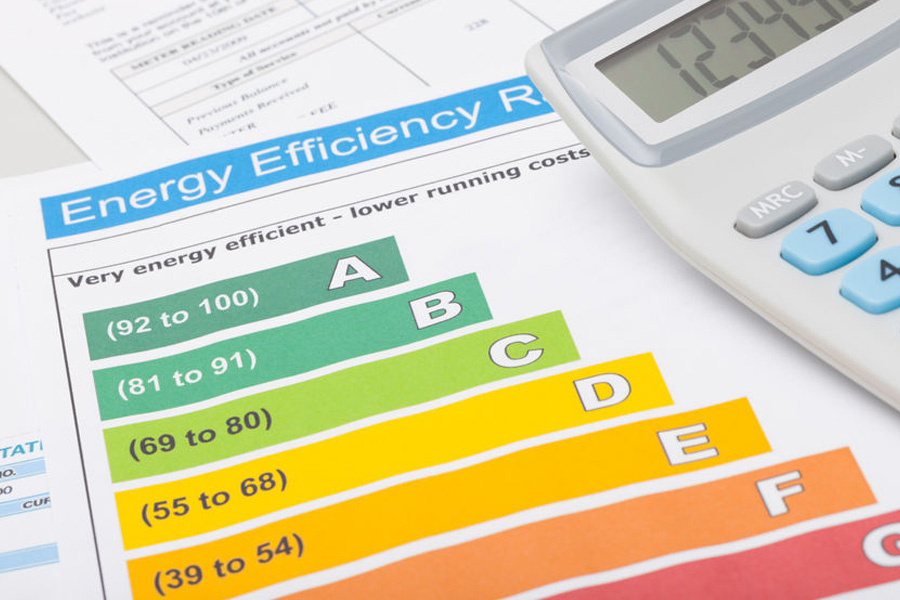The Minimum Energy Efficiency Standards (MEES) Regulations introduced requirements for EPC ratings and set restrictions on letting sub-standard properties. From 1 April 1 2018, properties with EPC ratings below ‘E’ were considered sub-standard and could not be let or re-let. However, from 1 April 1 2023 landlords are unable to continue letting properties with ratings below ‘E’ without a legitimate reason.
Legitimate reasons for letting sub-standard properties include instances where all relevant energy efficiency improvements have been carried out, or no feasible improvements can be made, as well as valid exemptions.
Exemptions may include instances where recommended improvements have a payback period exceeding 7 years; where the recommended wall insulation would negatively impact the property’s structure; or where consent for the works cannot be obtained. Other exemptions apply to new landlords and cases where the required works would devalue the property or cause damage.
To rely on an exemption, landlords must register it on the Private Rented Sector (PRS) Exemptions Register before entering into a tenancy agreement. Exemptions are personal, valid for 5 years, and cannot be transferred to a new owner when a property is sold. Certain properties – such as listed buildings or those due for demolition– may be exempt from requiring an EPC.
Non-compliance with the MEES Regulations can result in penalties imposed by local weights-and-measures authorities. These may include financial penalties based on breach duration or a percentage of the property’s rateable value, up to a maximum of £150,000, as well as publication of the breach on the PRS Exemption Register.
Actions for landlords, tenants, and funders to consider
Landlords should review their portfolios, apply for exemptions if necessary, and consider the reputational impact of non-compliance. They should also negotiate lease provisions concerning EPC improvement works and engage with tenants to address compliance concerns.
Tenants are advised to request up-to-date EPC certificates, review lease provisions related to energy efficiency, and negotiate protective clauses in new or renewal leases.
Funders should assess the impact of the regulations on property values, potential remediation costs, and consider including MEES compliance in lending criteria.
Looking ahead, landlords should address sub-standard properties and consider properties close to the minimum ‘E’ rating. With increasing focus on reducing greenhouse gas emissions and promoting energy efficiency, further regulatory changes are expected, making energy performance a critical aspect of ongoing estate and portfolio management.
Key dates relating to MEES and EPC
- By 1 April 2025 landlords of all non-domestic rented buildings in scope of MEES must log a valid EPC to the database
- By 1 April 2027 landlords must achieve EPC rating of a least C (or register exemption)
- By 1 April 2028 landlords of all -domestic rented buildings in scope of MEES must log another valid EPC to the database
- From 1 April 2030 landlords must achieve EPC ratting of at least B ( or register exemption)

